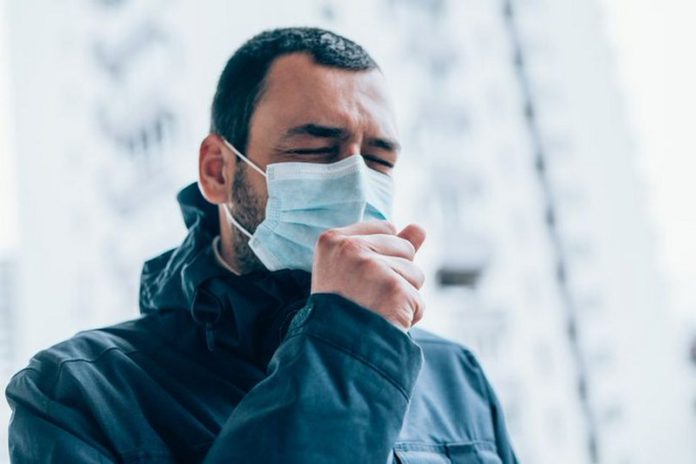
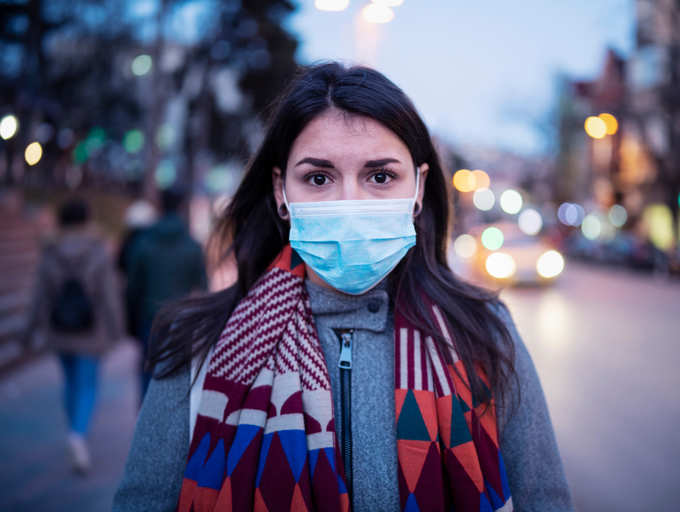
The pace at which the new strain of coronavirus is grappling the entire world, the risk of coming in contact with the highly contagious virus is becoming rife. Indeed people are taking every necessary precaution while stepping out of their house like wearing a mask and maintaining six feet distance, but it is difficult to say who is infected with the virus if they are not showing any symptom.
Imagine you met your neighbour the other day at the local grocery store and two days later you come to know that he has been tested COVID-19 positive, what would you do? It is natural to get panicked and anxious in such a case but it is equally important to take actions that prevent others from catching the virus from you.
Here are a few things you must do if you have been around someone who has tested positive for coronavirus:
Self-quarantine for 14 days

Your first step should be to stay in home quarantine for 14 days. Coronavirus symptoms may take 10 to 14 days to appear. So self-isolate yourself at home for this period of time. Do not step out of your house for any reason or come in contact with the other family members. If you live alone then ask your friends and family to drop essential items at your doorstep. Also, do not have visitors in your home.
Monitor your symptoms
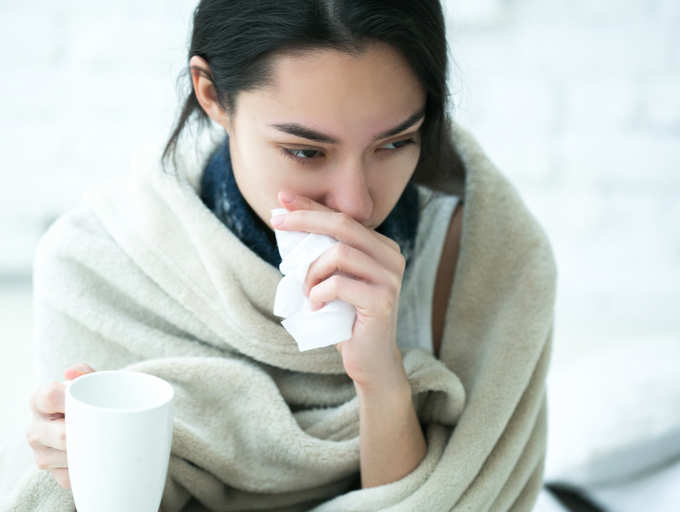
Watch out for any primary symptom of coronavirus like fever, shortness of breath, cough, loss of taste or smell, sore throat, congestion or runny nose, nausea, diarrhoea, and muscle ache. If you feel sick, then contact your doctor. Make sure the people living with you self-isolate until you’ve been tested and received your result.
Get yourself tested
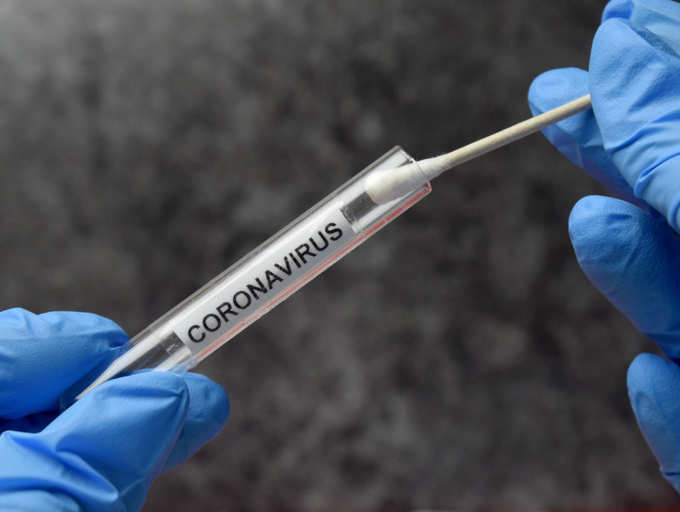
Get yourself tested to confirm if you have coronavirus. It is advisable to contact your doctor for this because most of the time testing is not available without a doctor’s prescription. Wait for at least five to seven days before getting yourself tested. Continue to stay in quarantine until you get the result. If you test positive then self-isolate and contact your doctor. If you do not develop any symptoms or test negative, then you can stop self-isolating after 14 days.
Inform others you have met
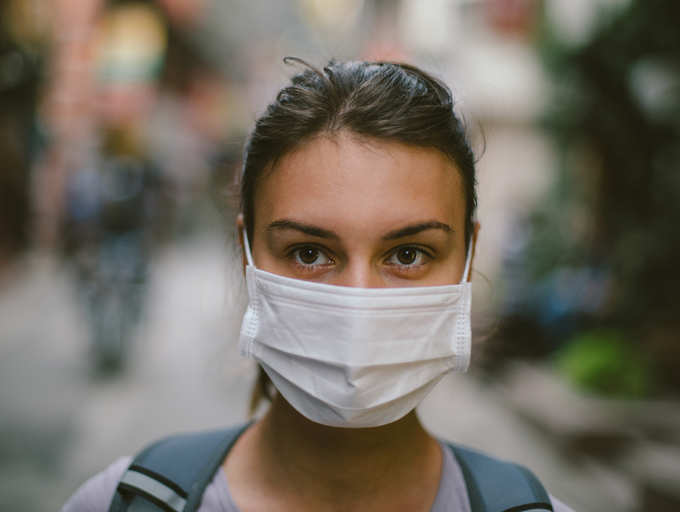
Even if you haven’t developed any symptom or haven’t got yourself tested, it is important to let others know that you came in contact with an infected person. It is good to give others a heads-up that you’ve been exposed to the virus. If you got infected then chances are they may have been exposed too. If you do not develop any symptom, then there is no need for your contacts to get tested.
